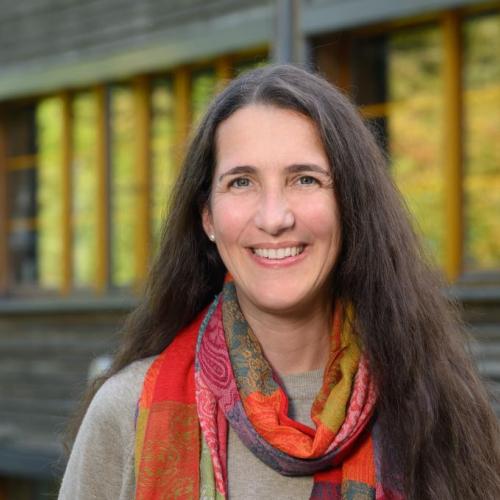FungiTrait
Short profile
Duration
In the presence of grazers, phytoplankton communities often shift to dominance of large less edible or inedible algae, limiting energy flow up the grazing chain. This can be counteracted by parasitic fungi (e.g. chytrids), which can infect large algae and make them available to zooplankton grazing (e.g. micro- and macrozooplankton) via zoospores. This so-called “Mycoloop” has profound consequences for food web interactions. In the absence of a feeding link between zooplankton grazers and fungi, parasitic fungi are able to reduce large algae, thereby favoring edible green algae.
However, in the presence of a strong feeding link from fungi to zooplankton may even foster less edible/inedible algae through decreased infection rates. Trait variability in the host population may enable shifts to more resistant genotypes, decreasing the direct top-down control on less edible/inedible algae and weakening the grazer-fungi link.
We aim to link trait variability, zooplankton grazing and fungal parasitism to investigate host-parasite/predator-prey interactions and competition of edible vs. less edible/inedible phytoplankton in the presence of either fungal parasitism or grazing and in combination. We hypothesize that fungal parasitism has the potential to shift our model system into different alternative states with dominance of either edible or less edible/inedible phytoplankton, modulated by the strength of the fungi-zooplankton link.
We want to experimentally test the effect of fungal parasitism and the strength of the mycoloop on food web dynamics. We expect the strength of the positive feedback loop on large less edible/inedible algae to be dependent on the strength of the grazer-fungi link and on grazer identity. We expect the link to be strongest for selective grazers (copepods) compared to unselective grazers (daphnids). Theoretical investigations of a corresponding food web model will give insights on how different drivers and interaction strength affect competition between small well edible and large less edible/inedible algae. In combination, this will enable to determine how fungal parasitism modulates food web dynamics and its implications for phytoplankton diversity and functionality.
This project is part of the DFG Priority Programme (1704) > Flexibility matters: Interplay between trait diversity and ecological dynamics using aquatic communities as model systems (2nd funding period)
Funded within the DFG Priority Programme DynaTrait (1704)




